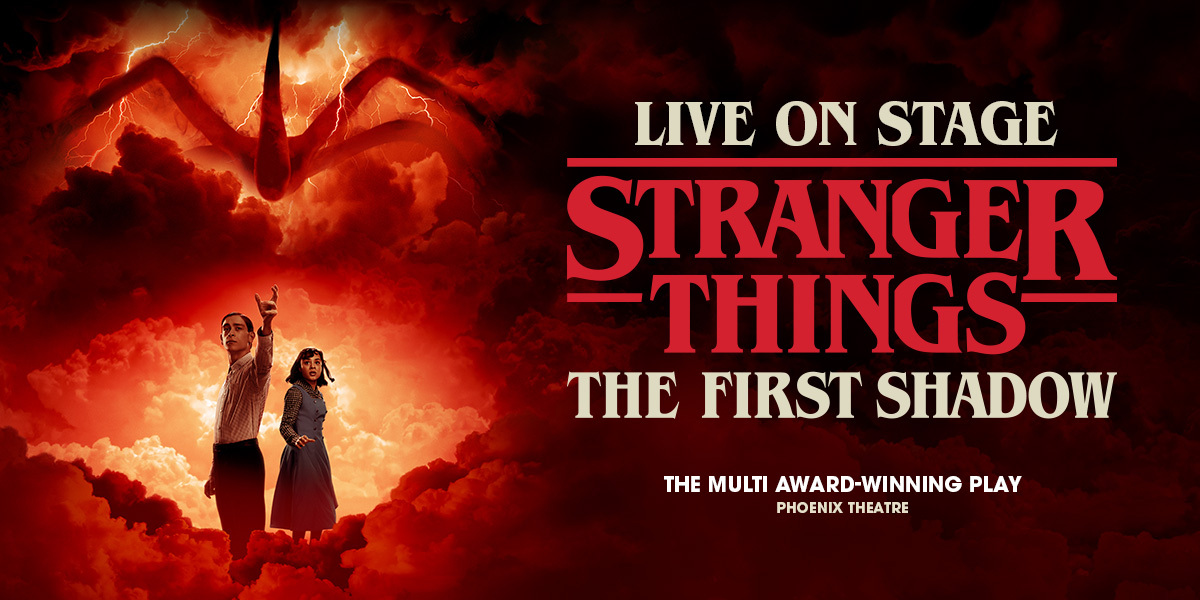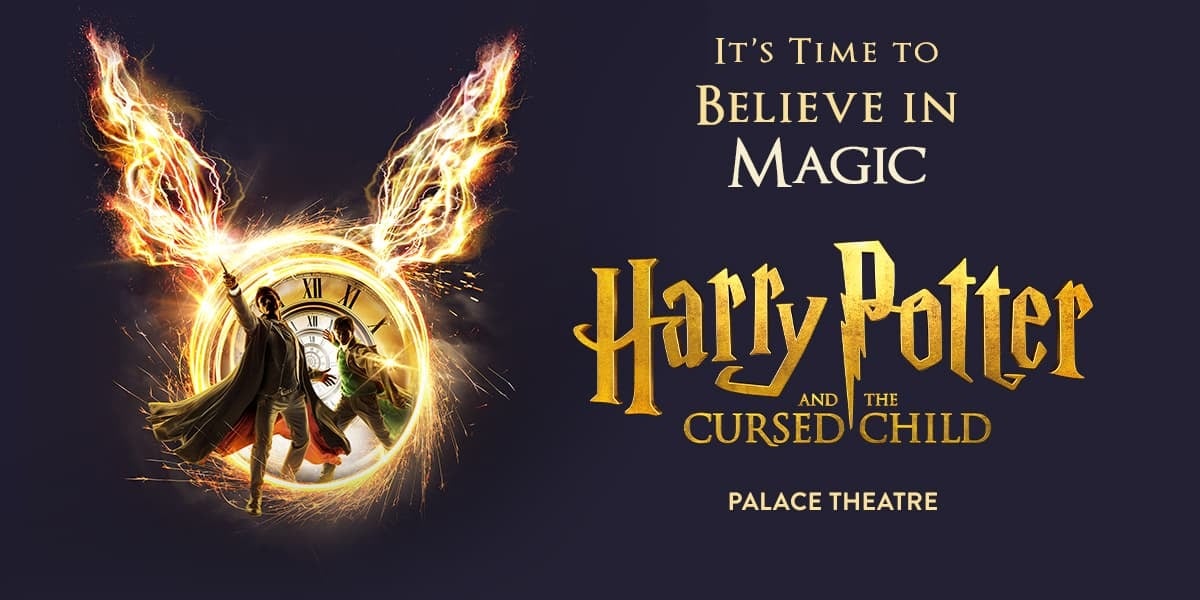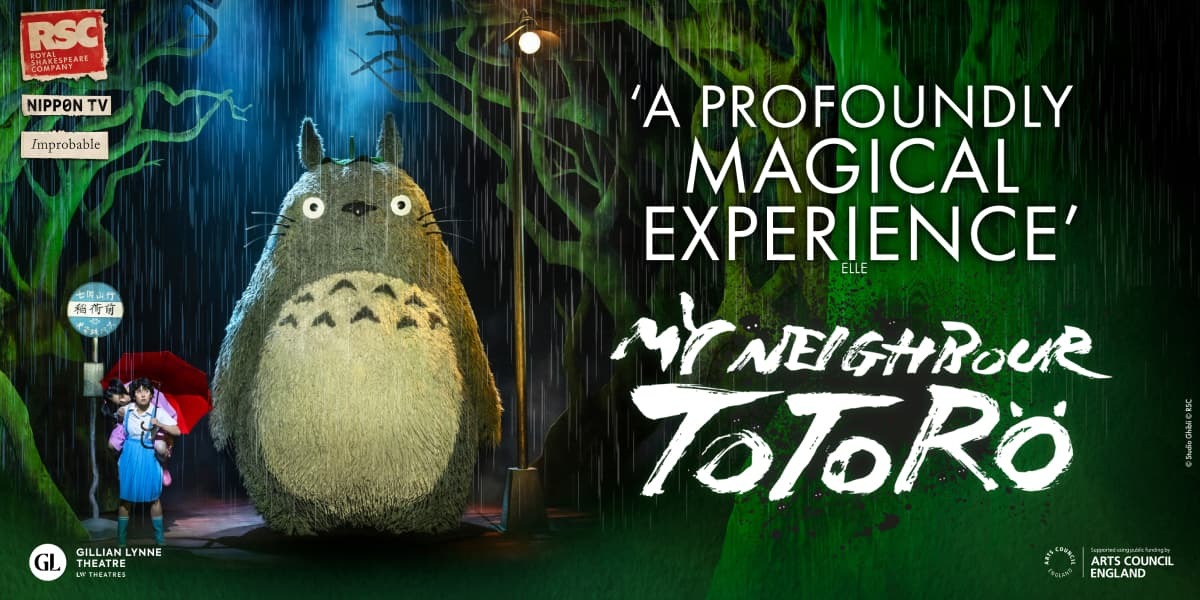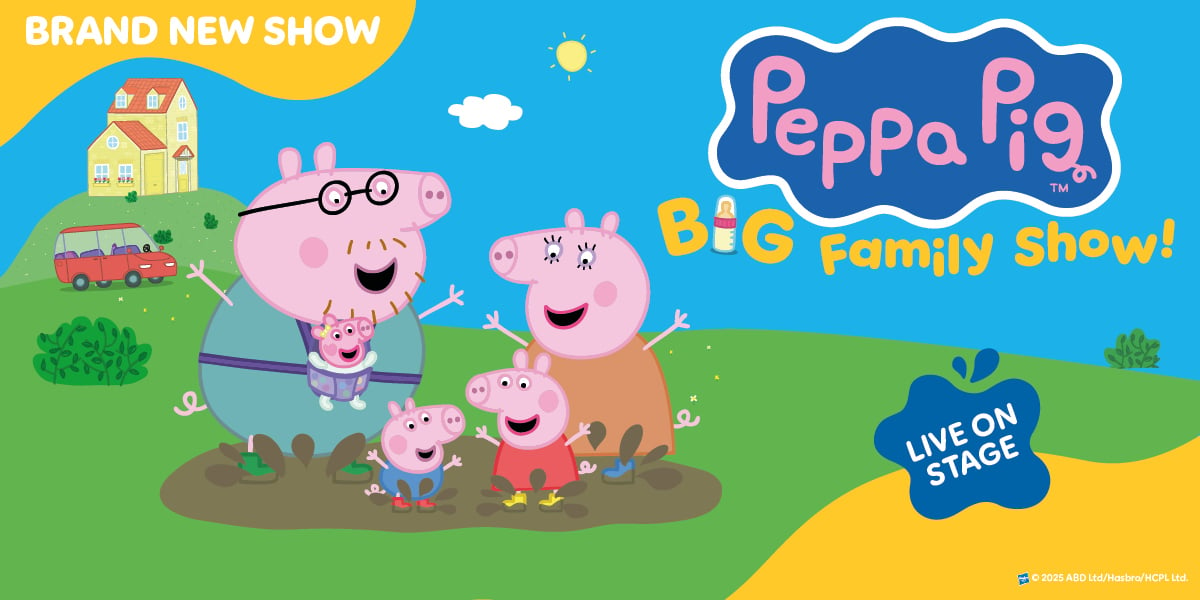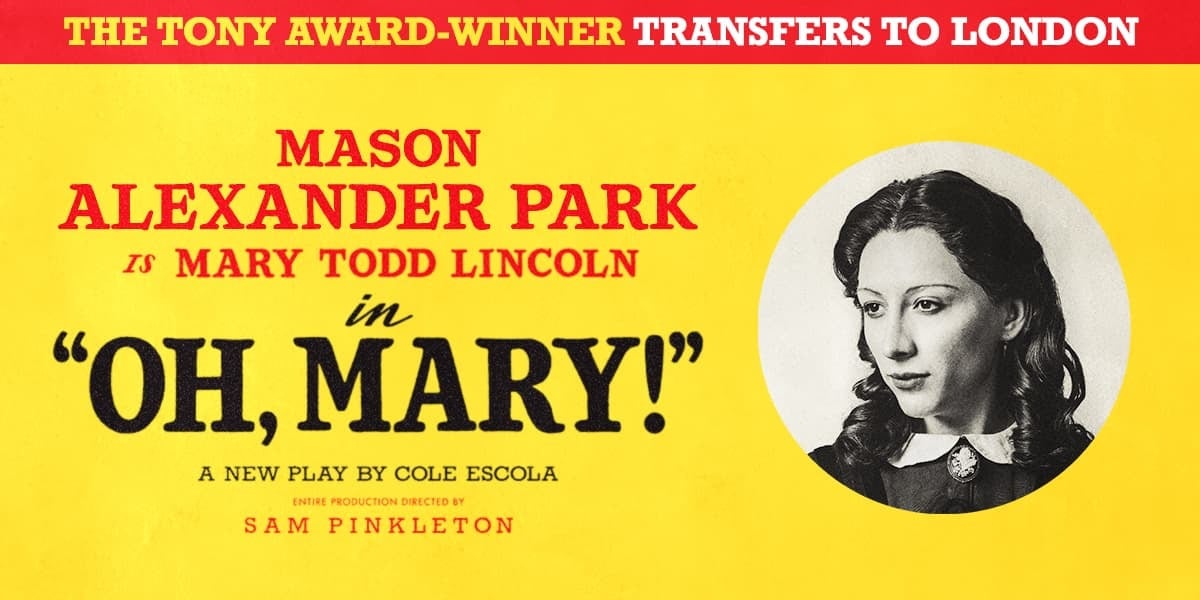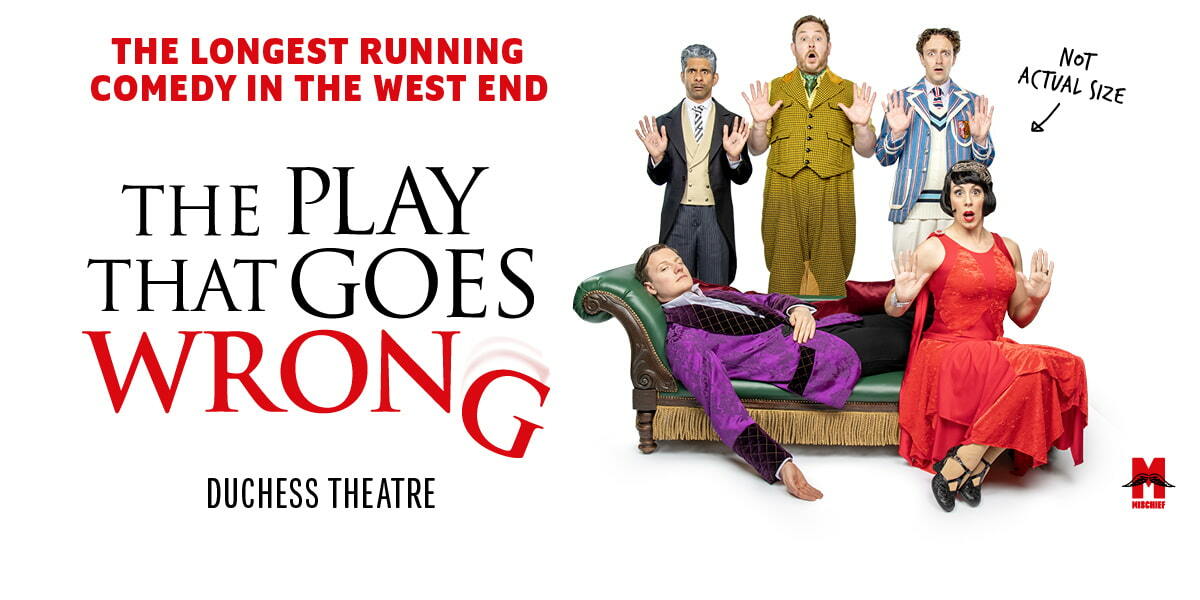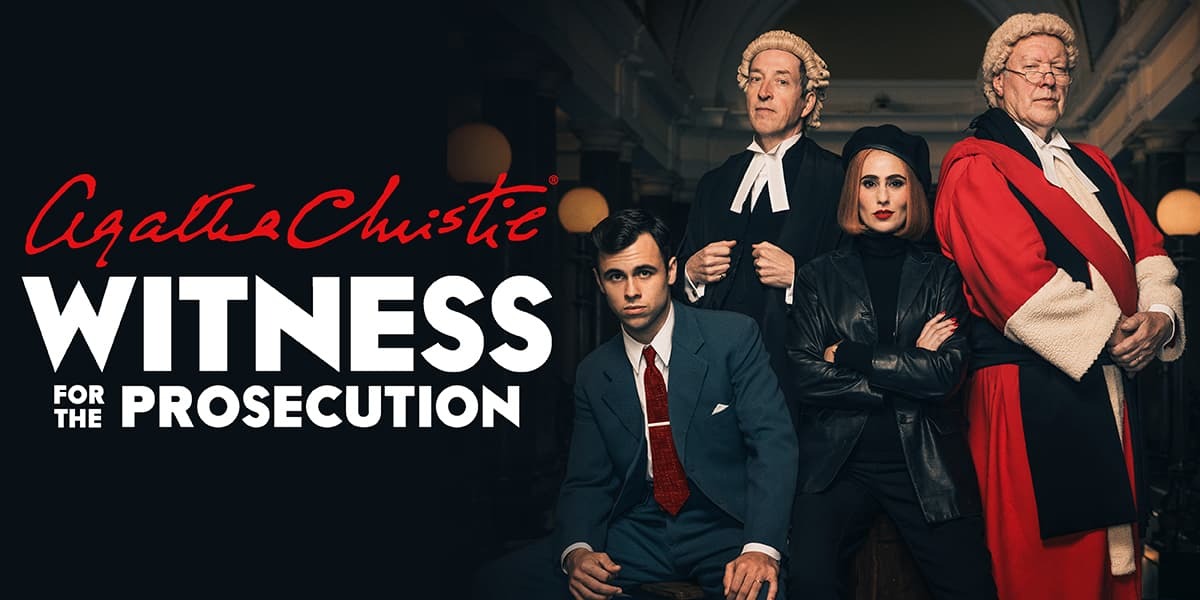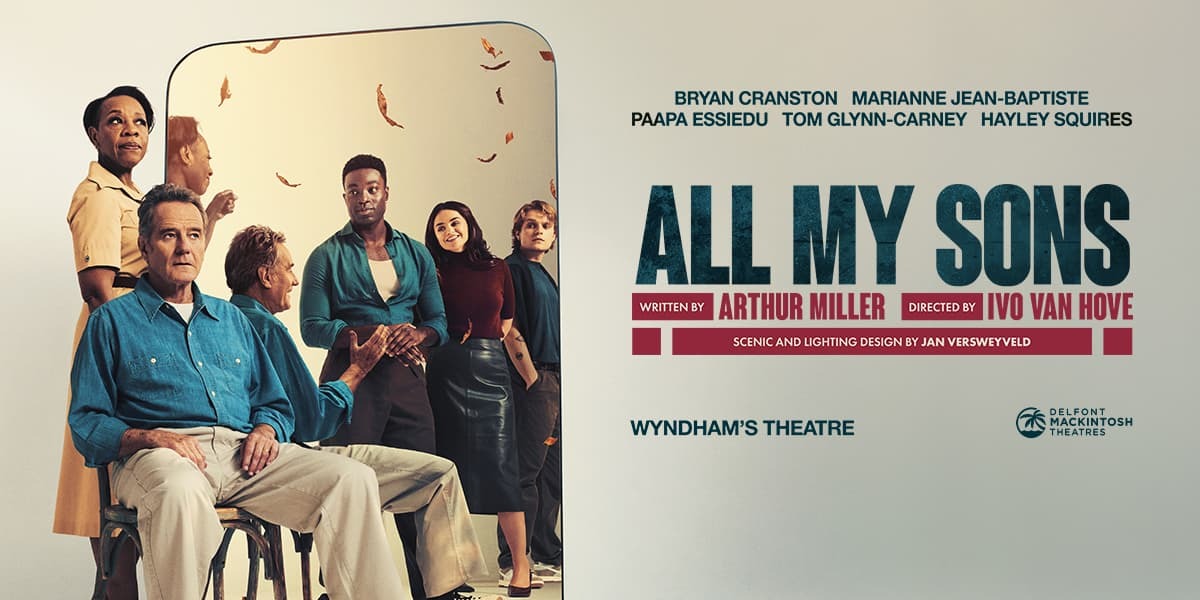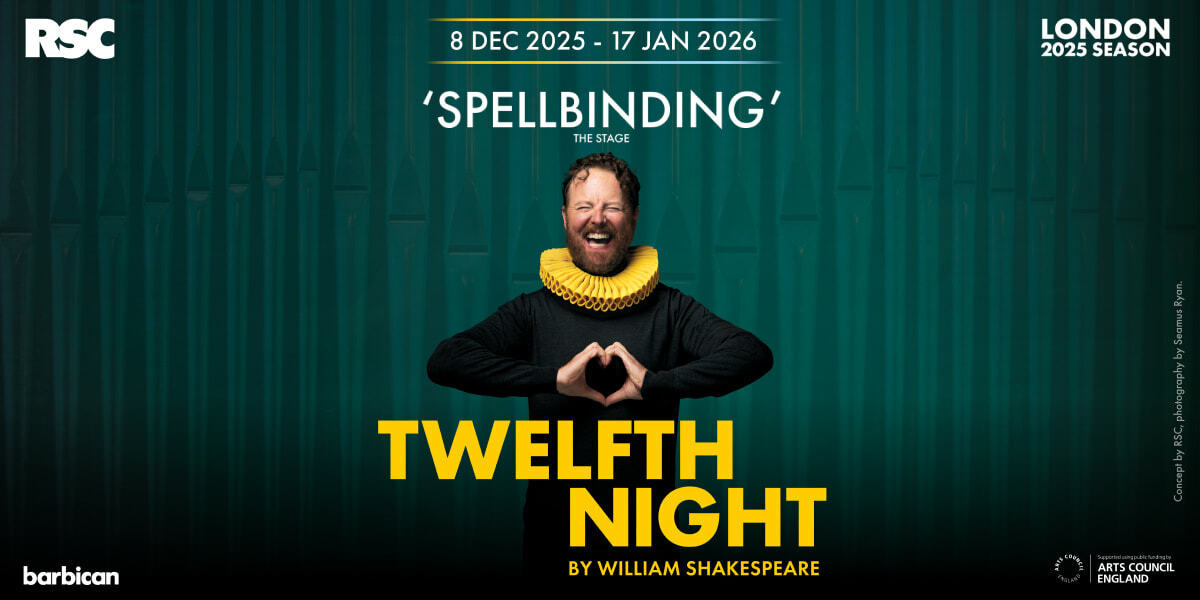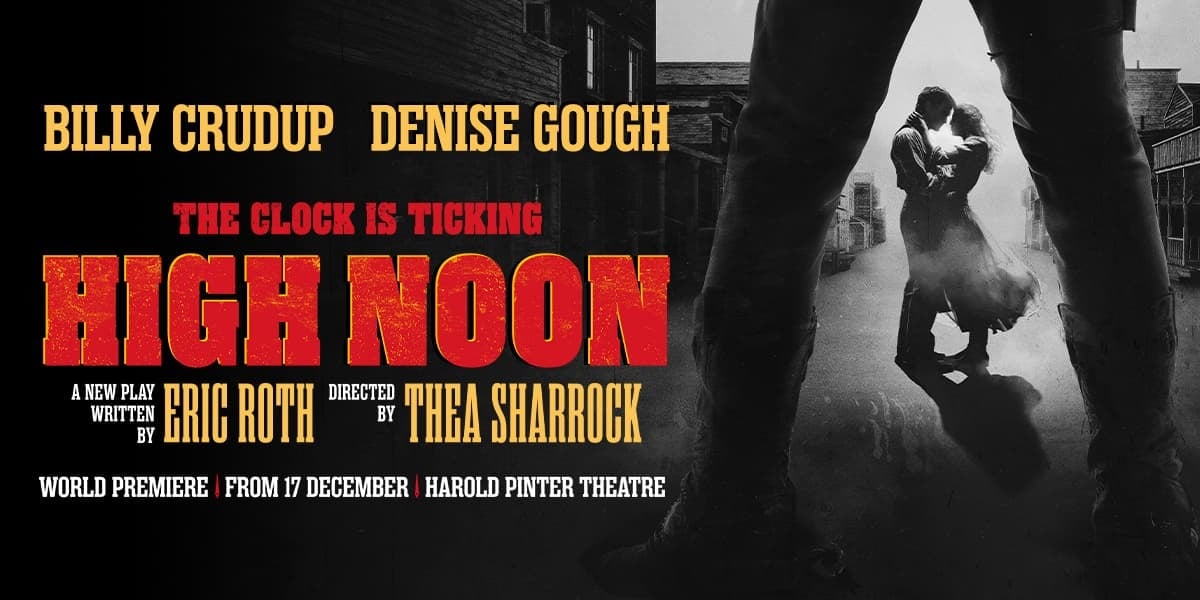London Plays - Play Tickets
Filter by Collection
Filter by Rating
Filter by Price
Filter by Date
Sort by Best Selling
Sorry, we couldn't find any matching events.
Unfortunately we didn't find any events matching your requirements. Please try removing some filters or use the search bar.
Filter
Official London Plays Tickets | Discounted London Plays Tickets | London Plays A-Z
Plays are a piece of written literature popularly performed in a theatre setting. Although plays are available in written format, what better way to enjoy them than seeing the characters and story brought to life on stage? From magnificent West End plays to small productions in community and regional theatre, schools, and universities, many consider plays highly important in art, literature, and entertainment. While West End musicals often steal the spotlight, London is home to a multitude of theatres that put on the best possible play productions - comedy, tragedy, and everything in between.
London plays are a fantastic platform to showcase the talent of award-winning directors, producers, and creatives. You can also witness some of the world’s leading actors perform live on stage. Whether you’re looking for contemporary theatre or want to see a retelling of the Bard’s classics, you can’t go wrong with London theatre tickets during your stay in the capital.
What are the best plays in London?
The best plays in London span timeless classics and exciting new productions. Long-running favourites include Agatha Christie’s The Mousetrap and the spectacular Harry Potter and the Cursed Child, which combines drama with dazzling stagecraft. Recent hits such as Stranger Things: The First Shadow and acclaimed dramas like Othello and Grace Pervades showcase the West End’s range. London plays often occur in atmospheric, historical settings, making the experience all the more immersive. Be sure to check out our best-selling plays to see what captures your attention, and to see the best shows in London.
What plays are on in London?
Many of London’s plays have a strictly limited run due to the fast-paced nature of the West End. Some plays currently showing in London include Witness for The Prosecution, My Neighbour Totoro and Wendy and Peter Pan, but the best thing is, that’s just a small taste of what’s on offer! You can always keep up to date with our list of all plays currently playing.
What plays are on now in London?
From long-running favourites to modern classics, there are lots of plays currently on in London. From mystery plays like The Mousetrap to comedies like The Play That Goes Wrong, there is something for everyone. In fact, we even have plays for people who do not like plays! Some of the most popular shows once started life in a different medium altogether, like Harry Potter and the Cursed Child, and Stranger Things: The First Shadow.
What are some new plays in London?
The award-winning My Neighbour Totoro, is back in the West End and delighting audiences once more. Other new plays showing this year include The Importance of Being Earnest, Shadowlands, Oh, Mary!, All My Sons and High Noon. As always, make sure to keep up to date with our new plays to see what is currently taking the West End by storm! Be sure to book with us to see the very best theatre plays in London.
Is there a dress code for plays in London?
In short, no! Theatre attire used to mean top hats and tiaras, but that’s not the case anymore. Unless explicitly stated by the production or venue, you can wear whatever you choose. So wear whatever you are comfortable in, whether that’s a pair of jeans or a pair of shorts.

